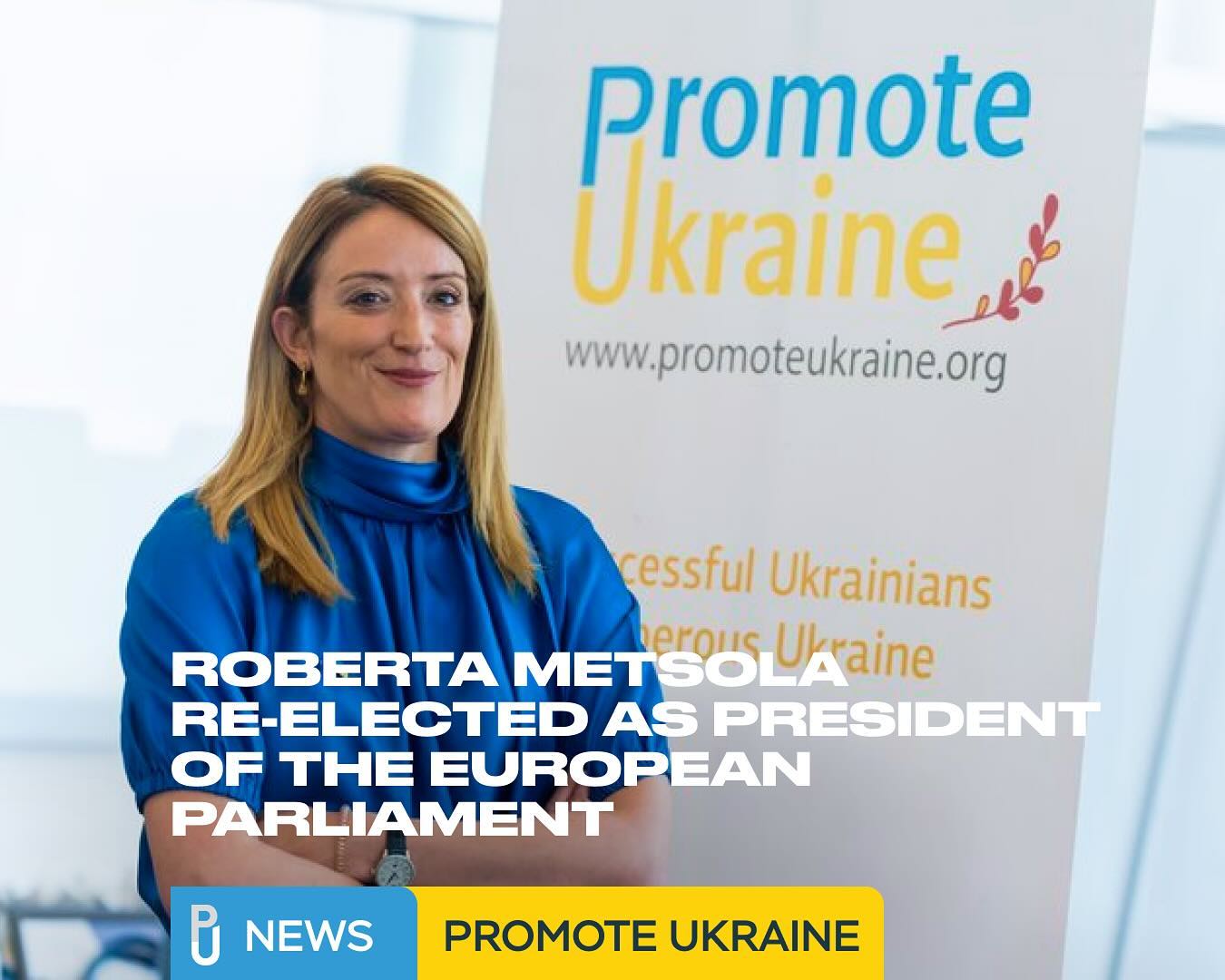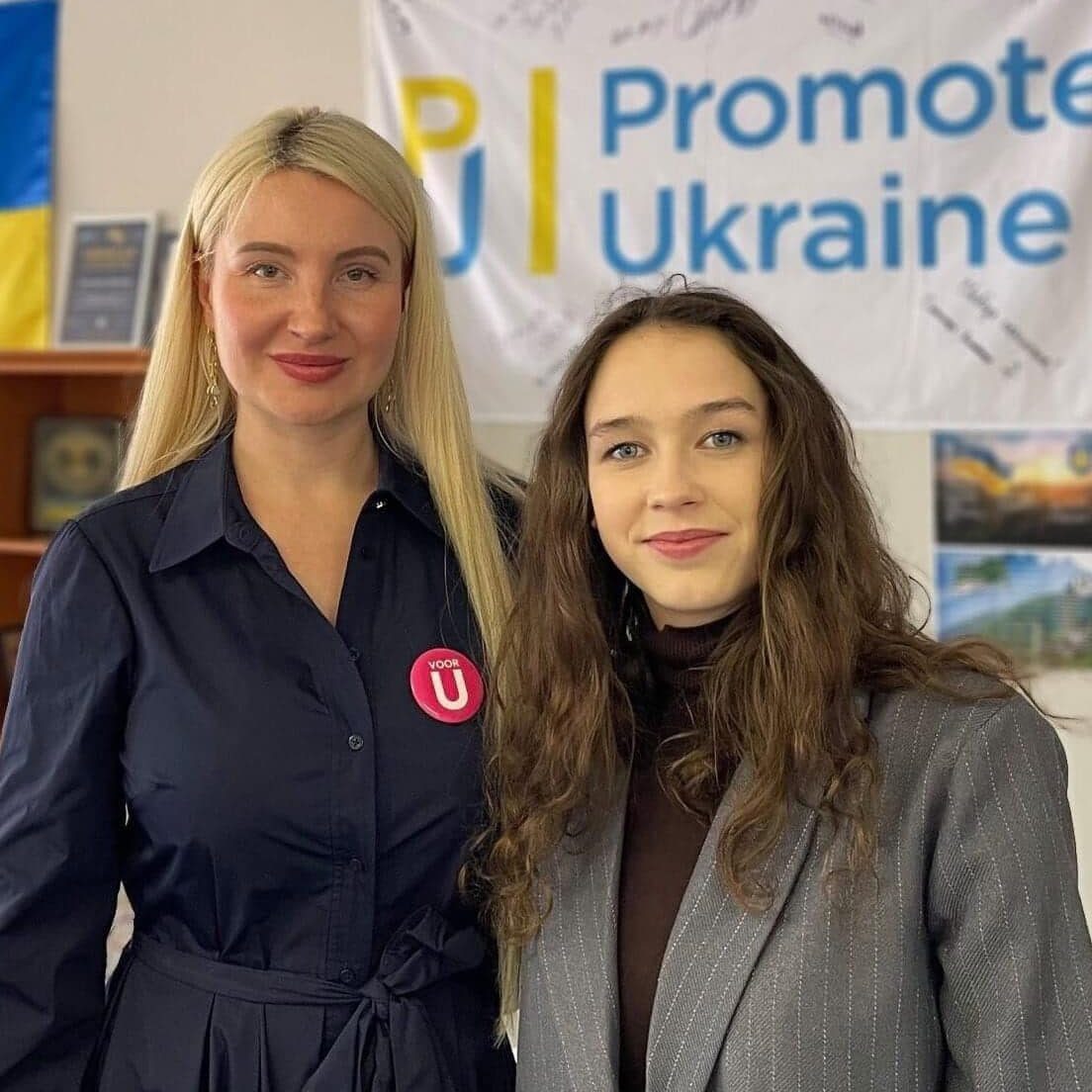The Azerbaijan-Armenia negotiation process is taking place against the background of ongoing armed hostilities where the parties try to improve their positions by means of military resources. President of Turkey Tayyip Erdoğan explicitly stated that he did not intend to deny the use of mercenaries from Syria to help Azerbaijani leader Ilham Aliyev and would continue rendering his military assistance.
The parties to the Nagorno-Karabakh conflict have reached the limit of their strength. The losses are too great, while the results are too small. The tactics of hostilities are changing as the number of operations by small strike groups accompanied by large-calibre artillery raids increases. Azerbaijan has shifted its fire on Armenian rear communications seeking to cut off supplies to Karabakh’s army.
Currently, fierce fighting continues on the outskirts of the city of Hadrut, a suburb of Stepanakert. The media have already nicknamed it “Little Stalingrad” [Battle of Stalingrad is considered to be the bloodiest battle in WWII] – the city is of strategic importance due to the road to Stepanakert. Armenians experience serious difficulties in redeploying militia reserves to the places of heavy clashes, but Azerbaijanis have also lost the ability to conduct blitzkrieg.
 Russia’s impact
Russia’s impact
Russia tries not to completely lose the position of “controller” of the conflict. Negotiations “to the accompaniment of fire” do not stop for a single day. Russian Foreign Minister Sergey Lavrov held separate meetings with Azerbaijani Foreign Minister Jeyhun Bayramov and Armenian Foreign Minister Zohrab Mnatsakanyan.
According to Moscow’s scenario, the parties should have discussed urgent issues related to the implementation of previously reached agreements on the ceasefire in the Nagorno-Karabakh conflict zone and the creation of conditions for its sustainable settlement. But the talks with foreign ministers of Azerbaijan and Armenia in Moscow went off course. The main thing was the demonstration of extreme intransigence of the attacking side. The Baku delegate confirmed Aliyev’s thesis about the “war to a victorious end” which puts an end to the possibility of a hypothetical meeting between Aliyev and his counterpart. In addition, the Azerbaijani side clearly showed how the significance of the Moscow negotiating platform was treated.
Vladimir Putin noted in a telephone conversation with Erdoğan that the talks between the parties were held under the auspices of the OSCE with Turkey as one of its participating states. The Kremlin believes that Erdoğan’s actions torpedo the negotiating format, affecting Turkey and causing exacerbation of conflict with the EU. In Kremlin’s view, Erdoğan loses more than he gains. But is it really so? It is obvious that Ankara has its own point of view.
Russia’s pressure
We must not forget the apparent thing: Russia pursues exclusively its own imperial interests in any international conflict. Russia does not grant loans or military and political aid simply for the “beautiful sad eyes of the ancient people” and the eternal friendship assurances.
Russia has three evident areas of interest in the Nagorno-Karabakh conflict:
- Do not let Turkey with Erdoğan in the South Caucasus.
- Do not let Armenia in the direction of the West.
- Do not let Azerbaijan in the direction of Turkey.
To put it otherwise, Russia needs the Caucasus without Turkey and with pro-Russian Armenia and Azerbaijan.
 Of course, Russia exerts constant political pressure on both countries involved in the conflict to pursue pro-Russian reforms. To preserve the Karabakh region, Armenians are required to sack Prime Minister Pashinyan, all anti-Russian politicians, and appoint pro-Russian ones through the mediation of Russia. Azerbaijan must curtail military-political projects with Turkey and deploy a Russian military base in exchange for Russia’s non-interference in the conflict on Armenia’s side.
Of course, Russia exerts constant political pressure on both countries involved in the conflict to pursue pro-Russian reforms. To preserve the Karabakh region, Armenians are required to sack Prime Minister Pashinyan, all anti-Russian politicians, and appoint pro-Russian ones through the mediation of Russia. Azerbaijan must curtail military-political projects with Turkey and deploy a Russian military base in exchange for Russia’s non-interference in the conflict on Armenia’s side.
Naturally, Russian diasporas of Armenians and Azerbaijanis should have become a tool of Russian influence on both countries. But so far, they are busy with a real battle of media budgets in outlets and blogosphere in an attempt to influence public opinion and politics in Russia. That is, the Kremlin has practically a “passive observer” status even in the field of “information warfare,” especially in its own territory.
The developments around the Nagorno-Karabakh conflict do not serve Russia well as they do not follow the “imperial” scenario. And the Kremlin understands that. The attempts to improve relations with Turkey in the form of vaccine production cooperation offered by Putin are unlikely to make Turkey abandon its ambitious plans.
Russia tries to pursue a multi-vector policy seeking to maintain its influence in the Caucasus. However, with regard to the Nagorno-Karabakh conflict, such a pattern of behavior does not live up to the Kremlin’s expectations.
Yuri Fedorenko, analyst, public communication expert
The views expressed are those of the author and do not necessarily reflect the official position of the editorial staff






 UA
UA FR
FR DE
DE




